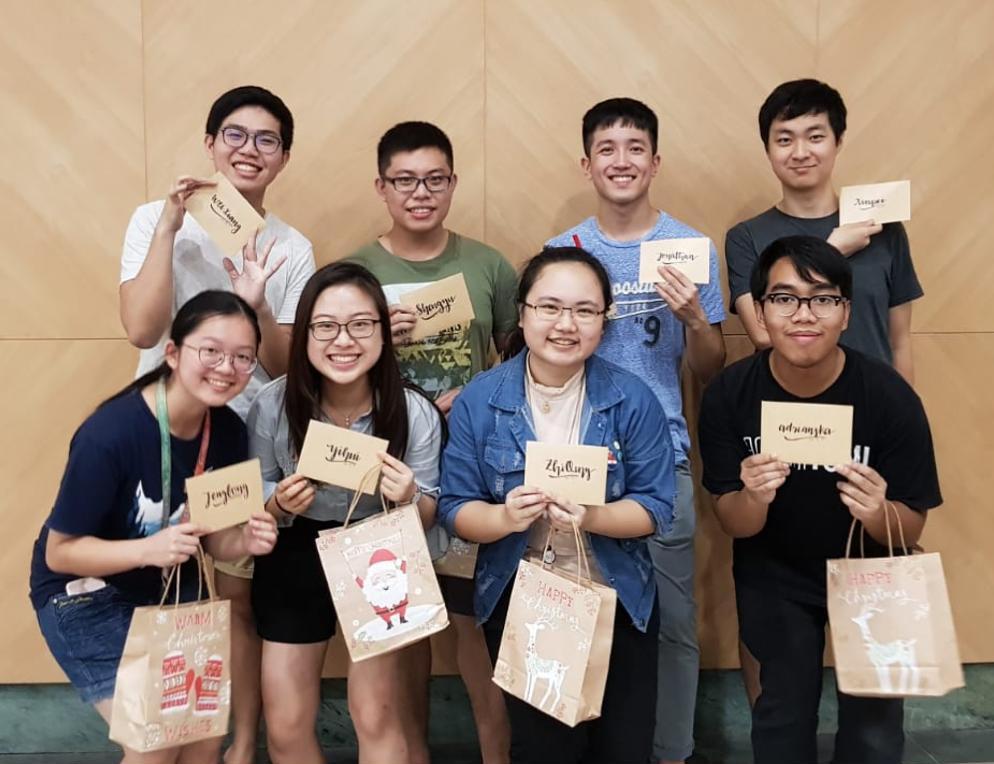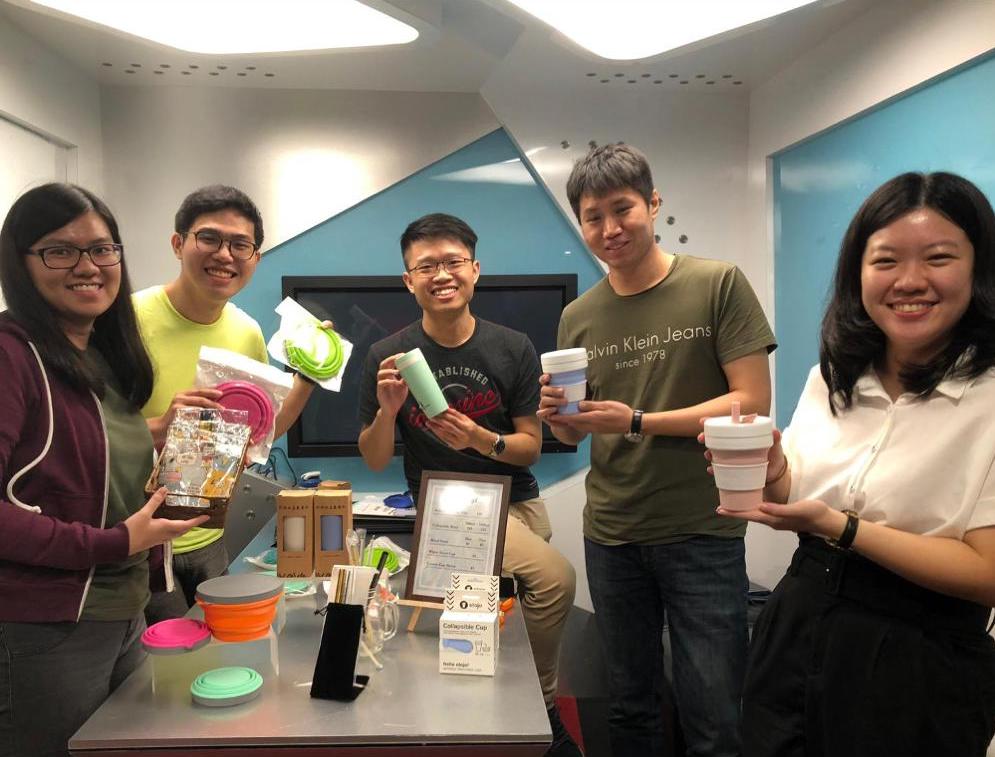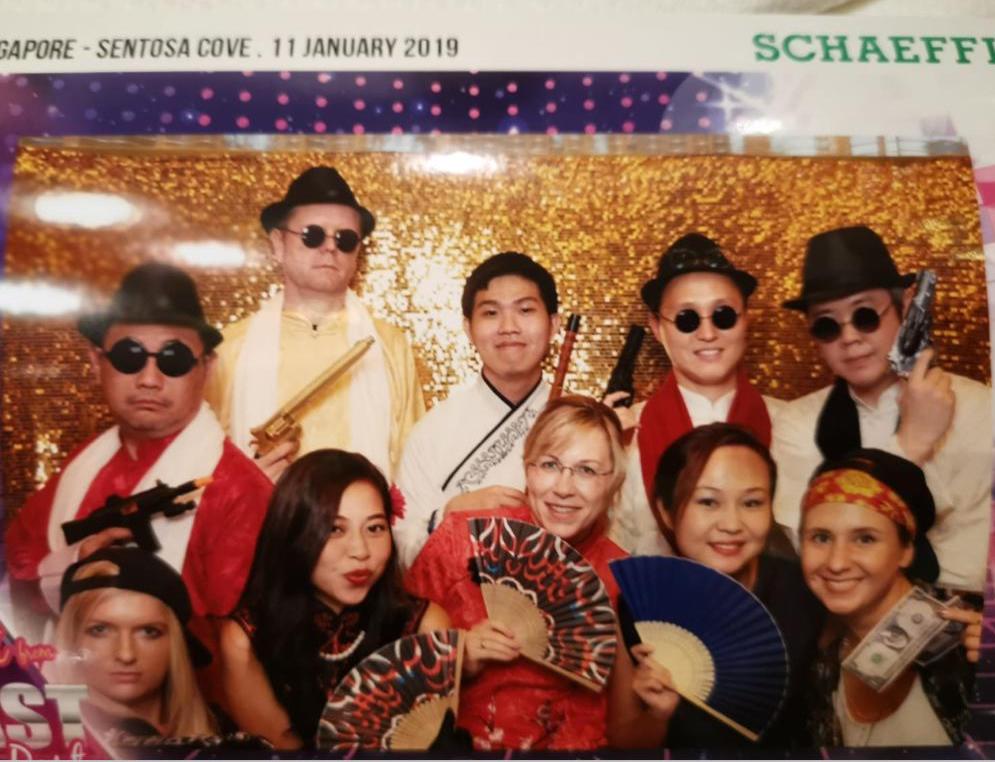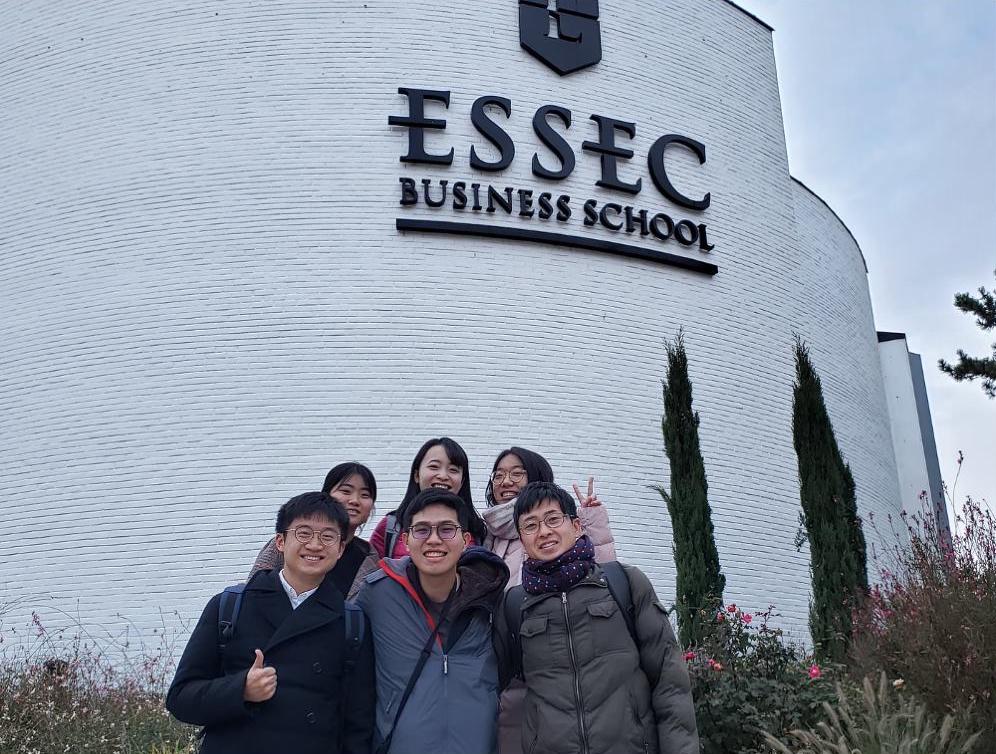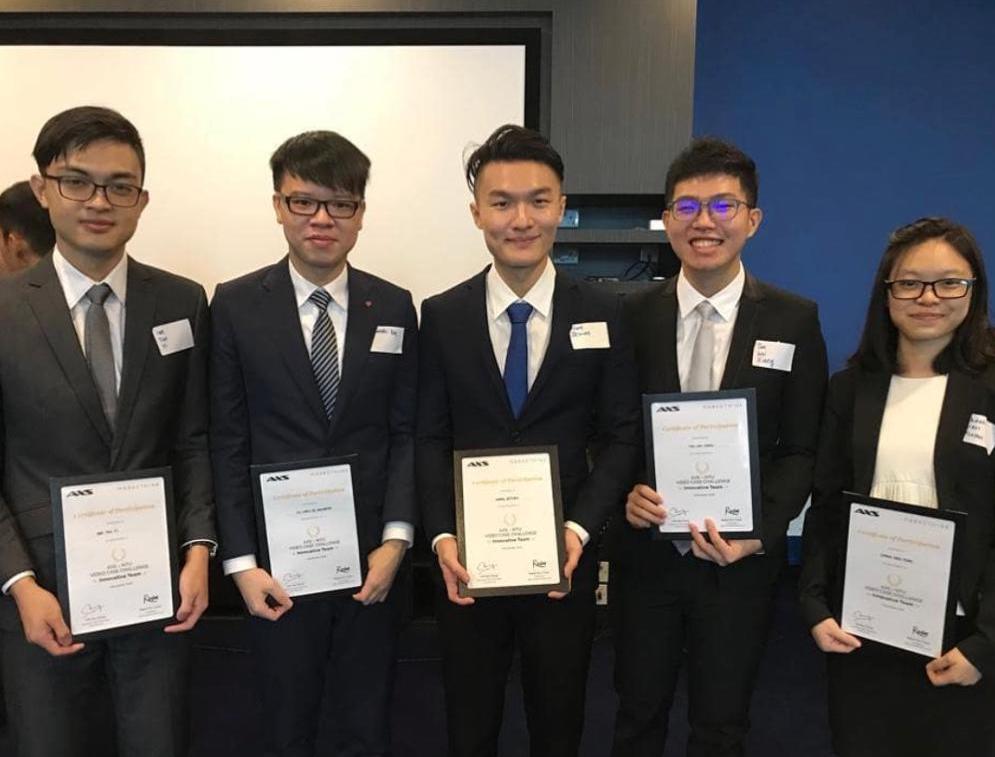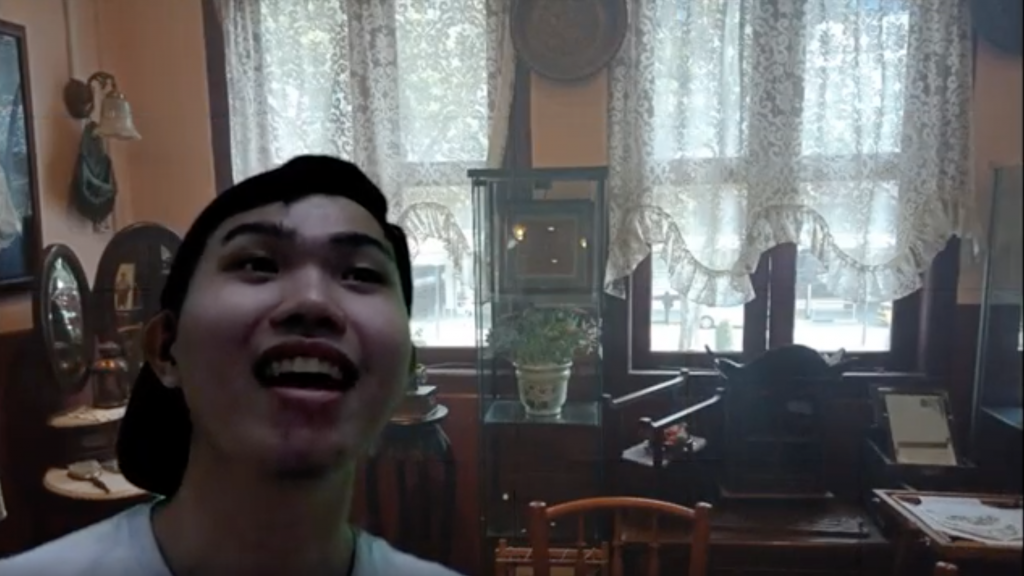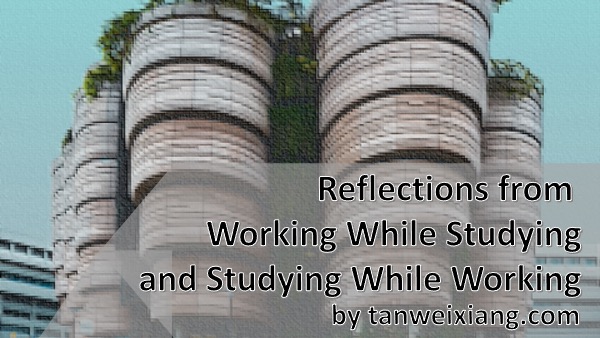Hello everyone! It’s me again. I understood from a few of my NTU NBS juniors that first year students are now required to do a compulsory internship as part of their curriculum. I am sure many of the other universities will start to have this requirement in place, and even if there is none, I definitely encourage you to think of how you can make full use of your time.
I did not have a year 1 Summer Internship unlike many of my peers so if you are reading this and did not manage to secure an internship in your first year, you are not alone! Here are some steps which you can take to find your internship.
1. Have a Good Resume or Portfolio with Unique Value Proposition
The first thing you need is your job hunt apparatus — your resume. I heard of many formats in the resume which may or may not work, but personally when I was looking for internships and my graduate job, I used the one page resume format. Some key parts to include is Education, Skills (Especially when you have no work experience), Work Experience, Projects, Co-curricular Leadership and Achievements.
However, the key focus is not on the format, but how your resume tells a story. Personally, I took a Business Analytics and Entrepreneurship Undergraduate Degree with an intention to apply these skills in management. Having the technical skills on my resume without work experience helped me in getting my resume spotted by the hiring manager for a Regional Talent Management role at my first internship company, Schaeffler, a German MNC operating in the Automotive industry. As for my other internships, I believe that most of my interviewers also looked at my co-curricular leadership as well as achievements in making the holistic decision to shortlist my resume for interview. One way to do it is to focus on what is transferrable to the job. With a business analytics degree, I am well-positioned to join almost any business function of any sector since it is a very broad and general degree with the technical power to do wonders in many functions and sectors.
If you need some reference, I recently ported most of my resume to my own portfolio site. If you need help refining your resume, do drop me a note in the comments section below or reach me through my LinkedIn! Do let me know you reached me through this blogpost!
2. Prepare a Good Cover Letter Format
In all honesty, when I found my first internship, I did not use a cover letter. However, I found out that after hunting for my subsequent internships and full time job, I had a higher rate of success whenever I included a cover letter in my applications. So please prepare a cover letter.
Each cover letter should be in a specific format which the recruiter wants to see. It is not merely sharing about your value proposition, but about how your value proposition aligns with the job description provided by the employer.
The general rule of thumb I have when writing a cover letter is to write it accordingly to the job description. This will do your recruiters a great favour when they comb through the many job applications for the particular role.
Same as before if you need assistance, do drop me a note in the comments or LinkedIn!
3. Utilise the resources you have in the Job Hunt
For starters, here are some resources which you can use during your job hunt:
A. Career Services Office(s) in your University
In Singapore, most local universities have a dedicated career office. Some like NBS has an extra one in the school for dual job search prospects! These career offices have dedicated career coaches and advisors who can help you with your career planning as well as internship search. Do reach out to them early!
The career services offices in my alma-mater also have exclusive job portals, CareerAxis and CareerFit for NTU and NBS respectively to help students with their internship and full-time positions.
B. Job Portals
To gain more possible avenues for internships and jobs, especially from the hiring freezes due to COVID-19, you could try job search portals too!
I have previously consolidated a list of useful job portals which could be used over on my LinkedIn post!
C. Professional and Personal Network
Another way to find an internship is through professional and personal networks. You could create a LinkedIn profile to reach many professionals who would love to connect with students and might even offer a role!
Some students have managed to secure internships through their professors, family members or friends.
If you love this post so far and want to connect with me, here’s my LinkedIn Profile!
4. Rehearse for Your Interviews
Forget those memorised long model answers for all the possible questions. From my internship and job hunt experience, the key questions a recruiter wants to know are these:
A. Is the candidate interested enough?
This is through your research about the company, their key achievements, how you want to grow while taking up the internship roles. Do prepare some questions which show your interest in the industry as well as proper research about the company.
B. Is the candidate able to do the job?
This part looks at your past experiences, how these experiences could help you with the role you are applying for. You might want to try learning the STAR and CAR approaches to tackling these types of questions when they are posed.
C. Does the candidate fit in?
For this, just be yourself. Do not try to be someone you aren’t. Many recruiters and hiring managers can tell if you are faking it. Even if you made it through, personality and cultural mismatch may be a potential cause for a less than ideal experience. Therefore, be as genuine as you can! Basically, most questions which don’t fit the first two belong here! (E.g. What’s a superpower you want to have, what is your favourite hobby, etc.)
5. Do Start Early
There is a saying that the early bird catches the worm. This is also true when you search for an internship. Some companies love to confirm their head-counts earlier as internship hiring may be just a small part of what they need to do. Therefore, do start early!
Hope that this helps with your internship hunt! Do let me know down in the comments below if you have other ways to hunt for an internship as well as you want to learn next!
Hope you liked our story today. Do bookmark this site, leave a comment in the section below, and follow us on our LinkedIn page as we look forward to curating new content for you!
Got your internship and want to make it a memorable experience? Here are some rules that I follow!
Tracking your web traffic? This post on Google Analytics may give you some business insights.
Working from home during this period? Here are some key takeaways from my in-office turned work-from-home internship.
If you are looking at acquiring some technical skills to stand out, try reading these selection guides for Business Analytics Modules or for General electives!
Image Credits: Photo by Peter Nguyen on Unsplash
Original Post Date: 27 Jul 2020



